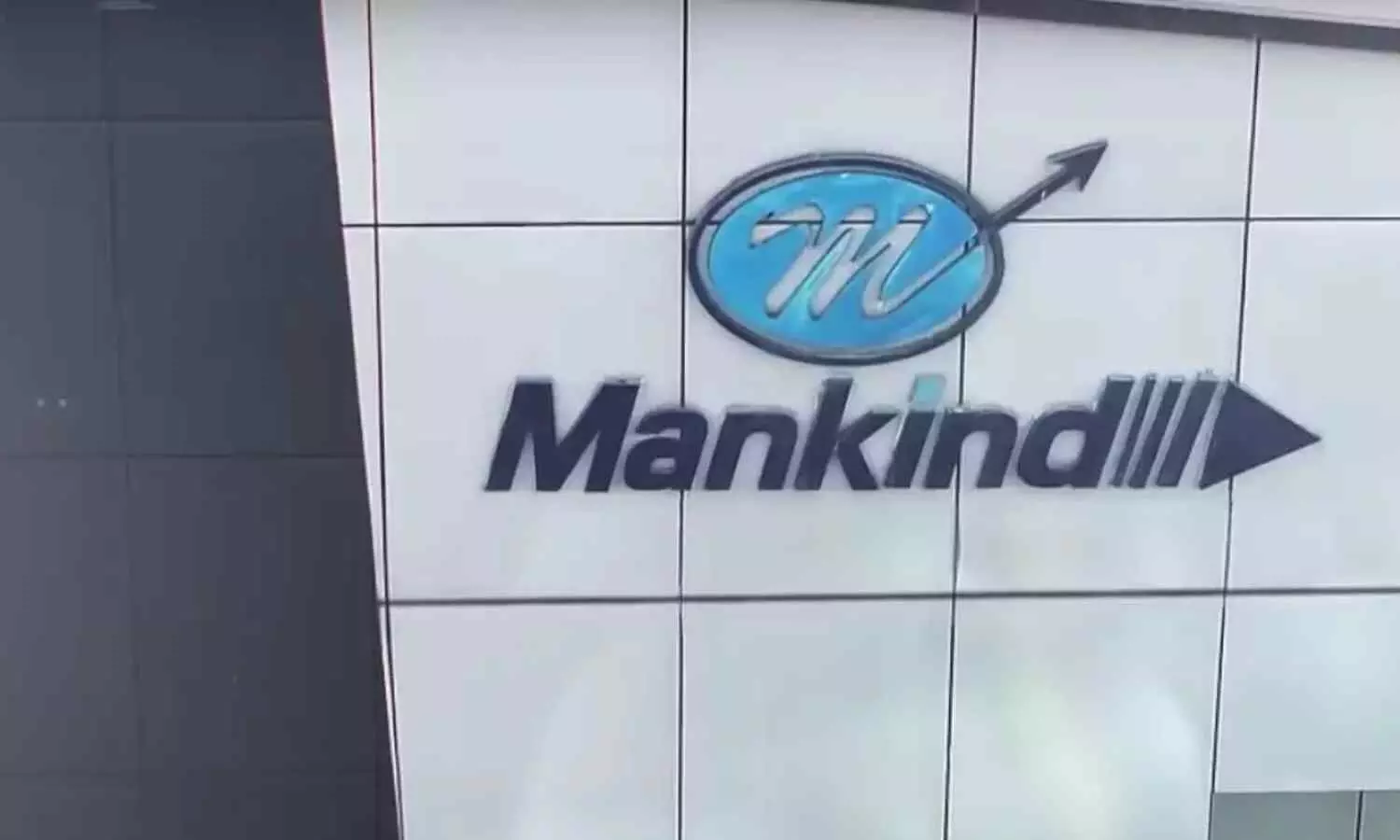Delhi ITAT Deletes Rs 14.98 Cr Ad-Hoc Disallowance on Mankind Pharma's Travel Expenses
- byDoctor News Daily Team
- 28 September, 2025
- 0 Comments
- 0 Mins

New Delhi:The Income Tax Appellate Tribunal (ITAT), Delhi Bench, has set aside the 80% disallowance of travelling and conveyance expenses imposed on Mankind Pharma Limited (formerly Magnet Labs Pvt. Ltd.) for the assessment year 2017-18, holding that the company's reimbursement policy for its medical representatives (MRs) was reasonable, consistent, and backed by internal controls. The two-member bench, comprising S. Rifaur Rahman (Accountant Member) and Shri Anubhav Sharma (Judicial Member), pronounced the order on 27th August 2025 in ITA Nos. 5141 & 4654/Del/2024, after hearing arguments from the assessee’s advocates, Shri Gaurav Jain and Shri Rahul Prabhakar, and the Revenue’s Senior DR, Shri Vipul Kashyap. Background of the Case Mankind Pharma, engaged in trading pharmaceutical products, claimed a total travelling and conveyance expenditure of Rs. 18,73,43,027/- for the year. Of this, Rs. 18,19,13,422/- was reimbursed to MRs as part of the company’s approved reimbursement policy. These expenses were primarily for door-to-door marketing and sales activities, including visits to chemists and doctors, as well as inter-state travel for business purposes. While a portion of the expenditure was directly paid to vendors such as taxi operators and hotels, the majority comprised reimbursements to employees, subject to management approval. The Assessing Officer (AO) disallowed approximately 80% of the total expenses, amounting to Rs. 14,98,74,422/-, citing that supporting documentation was provided only on a sample basis and that the reimbursements lacked substantiation through underlying bills or vouchers. The assessee appealed before the Commissioner of Income Tax (Appeals) [CIT(A)], providing detailed documentation, including monthly and individual employee reimbursement reports, travel-related bills, vouchers, and ledger entries. CIT(A) Findings The CIT(A), in the order dated 08.08.2024, reduced the AO’s disallowance from 80% to 20%, observing: "Upon reviewing the appellant's submissions and the policy framework for reimbursements, it is clear that the policy is based on commercial expediency and aims to simplify the process of reimbursing employees for legitimate business expenses. Further it goes without saying that travelling expenses of MR are integral to this line of business. The policy has been designed to reduce the administrative burden of collecting and verifying every minor expense voucher, which is impractical given the scale of operations." CIT(A) further noted: "The AO's reliance on the absence of complete supporting vouchers as the sole reason for the disallowance overlooks the reasonableness of the policy and the fact that it has been consistently followed in previous years without dispute... the appellant's policy is reasonable, consistent, and backed by a robust system of checks and balances." Tribunal Analysis On appeal, the ITAT examined the company’s business model, emphasizing that MRs travel extensively to procure orders and make product presentations. The tribunal noted that many expenses were incurred in areas lacking organized accommodation or transport facilities, making the production of proper invoices or bills challenging. The tribunal highlighted the company’s policy, which reimbursed travel at Rs. 2.80 per km and provided daily allowances depending on designation and travel location. It further emphasized that the reimbursement claims underwent multiple levels of verification by the management before payment. As per the tribunal: The tribunal also relied on precedents, including CIT vs. Larsen & Toubro Ltd. [313 ITR 1 (SC)] and Hero MotoCorp Ltd. vs. ACIT [156 TTJ 139 (Delhi - Trib.)], which held that expenses reimbursed on the basis of company policy and employee certification could not be disallowed solely for lack of vouchers. The ITAT observed: The tribunal also noted that similar reimbursement policies had been accepted in prior assessment years (2013-14, 2015-16, 2018-19, 2020-21) without dispute, reinforcing the principle of consistent treatment. Subsequently, the ITAT concluded that the AO’s ad-hoc disallowance of 80% of travelling and conveyance expenses was unjustified. It allowed the assessee’s appeal while dismissing the Revenue’s appeal, holding that the expenses of Rs. 18,73,43,027/- were eligible as business deductions. The order was pronounced in open court on 27th August 2025 by Shri S. Rifaur Rahman and Shri Anubhav Sharma. To view the order, click the link below:
Disclaimer: This website is designed for healthcare professionals and serves solely for informational purposes.
The content provided should not be interpreted as medical advice, diagnosis, treatment recommendations, prescriptions, or endorsements of specific medical practices. It is not a replacement for professional medical consultation or the expertise of a licensed healthcare provider.
Given the ever-evolving nature of medical science, we strive to keep our information accurate and up to date. However, we do not guarantee the completeness or accuracy of the content.
If you come across any inconsistencies, please reach out to us at
admin@doctornewsdaily.com.
We do not support or endorse medical opinions, treatments, or recommendations that contradict the advice of qualified healthcare professionals.
By using this website, you agree to our
Terms of Use,
Privacy Policy, and
Advertisement Policy.
For further details, please review our
Full Disclaimer.
Recent News
Ketogenic diet may protect against stress experien...
- 03 November, 2025
STORM-PE Trial: Mechanical Thrombectomy Shows Supe...
- 03 November, 2025
AIIMS INI CET January 2026 admit cards released
- 03 November, 2025
Daily Newsletter
Get all the top stories from Blogs to keep track.


0 Comments
Post a comment
No comments yet. Be the first to comment!